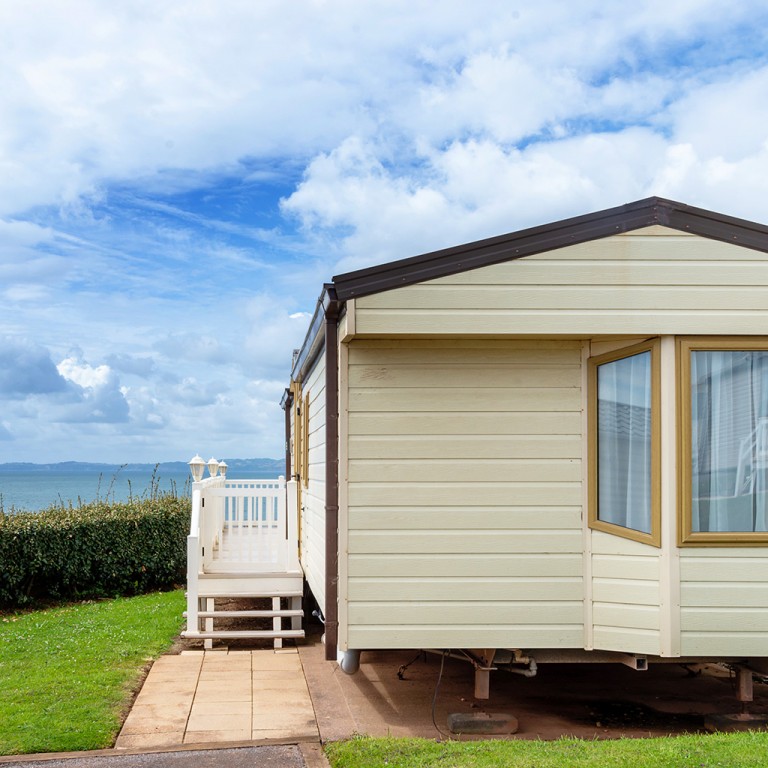In a recent decision, the Upper Tribunal (Lands Chamber) ruled that an agreement for the mooring of a houseboat was protected by the Mobile Homes Act 1983.
The decision concerned a houseboat that was comprised of a Willerby caravan on wheels that was rolled onto and stationed on a specially designed float. The houseboat was moored on a ponton at a lake on a marina. The owner of the marina had served the houseboat owner with notice to quit. The houseboat owner claimed the protection of the Mobile Homes Act 1983.
The Upper Tribunal had to decide whether the Mobile Homes Act 1983 applied to the houseboat owner’s agreement.
When does the Mobile Homes Act 1983 apply?
The Mobile Homes Act 1983 will apply to any agreement under which a person is entitled to station a mobile home on land forming part of a protected site and to occupy the mobile home as his only or main residence.
It was agreed that the houseboat owner had permission to station their houseboat at the pontoon where it floats and to use the houseboat as their sole residence.
Therefore, in reaching its decision, the Upper Tribunal had to answer two questions:
- Is the houseboat owner entitled to station a mobile home on the marina owner’s land? and
- Is the land upon which the houseboat floats a protected site?
Where both questions are answered in the affirmative the Mobile Homes Act 1983 would apply to the houseboat owner’s agreement.
Is the houseboat owner entitled to station a mobile home on the marina owner’s land?
The Upper Tribunal found that they were so entitled.
Mobile homes are generally built within the statutory definition for a caravan which is set out in section 29 of the Caravan Sites and Control of Development Act 1960 as amended by section 13 of the Caravan Sites Act 1968.
The Upper Tribunal stated that the houseboat taken as a whole (i.e., the Willerby caravan and the float together) would not comply with the statutory definition of a caravan as it would fail the mobility test because it was not capable of being moved. However, it was agreed by all parties that the Willerby caravan on its own did comply with the statutory definition of a caravan so the houseboat owner was residing in a mobile home with an agreement entitling them to do so.
The Upper Tribunal further held that said mobile home was stationed on the marina owner’s land. Although the land was covered by water and the mobile home was stationed on a float on top of that water, the use of the word “land” within the Mobile Homes Act 1983 was held to include land covered by water. The water and float upon which the mobile home was stationed played the same role as a concrete base would on dry land i.e., it enables the mobile home to be stationed on the land.
Is the land upon which the houseboat floats a protected site?
The Upper Tribunal held that it was.
A protected site is land with planning permission for use as a caravan site which is neither expressed to be granted for holiday use only or otherwise so expressed or subject to conditions that restrict the times of year when no caravan may be stationed on the land for human habitation.
The planning permission for the houseboat authorised the retention of 15 houseboats for holiday use but the application was for a houseboat comprised of a caravan stationed on top of a float. The Upper Tribunal therefore held that in granting the permission the Local Planning Authority authorised both components of the houseboat to be stationed on the land which included the caravan so that the land was a caravan site.
The planning permission itself, however, did not make the land a protected site as it was expressed to be for holiday purposes only. The land was a protected site under a certificate of lawfulness granted in respect of the houseboat and the land upon which it was stationed confirming that it was lawful to be used as a sole residence. Once the certificate was granted, the planning permission for the houseboat and the land upon which it was stationed was no longer expressed to be granted for holiday use only so that the definition of a protected site applied.
As both questions were answered in the affirmative, the Upper Tribunal ruled that the houseboat owner’s agreement was protected by the Mobile Homes Act 1983.
What does this decision mean for mooring agreements?
Whilst in this decision the Upper Tribunal ruled that the mooring agreement was protected by the Mobile Homes Act 1983 this does not mean that all mooring agreements will have the same protection.
What this decision demonstrates is that there are circumstances in which the Mobile Homes Act 1983 could apply to a mooring agreement for a houseboat. Whether the Mobile Homes Act 1983 applies will depend on the facts and circumstances of each case.
How can we help
If you have any questions regarding this topic, please contact the parks team by telephone on 01392 207 020 or email parks@tozers.co.uk






